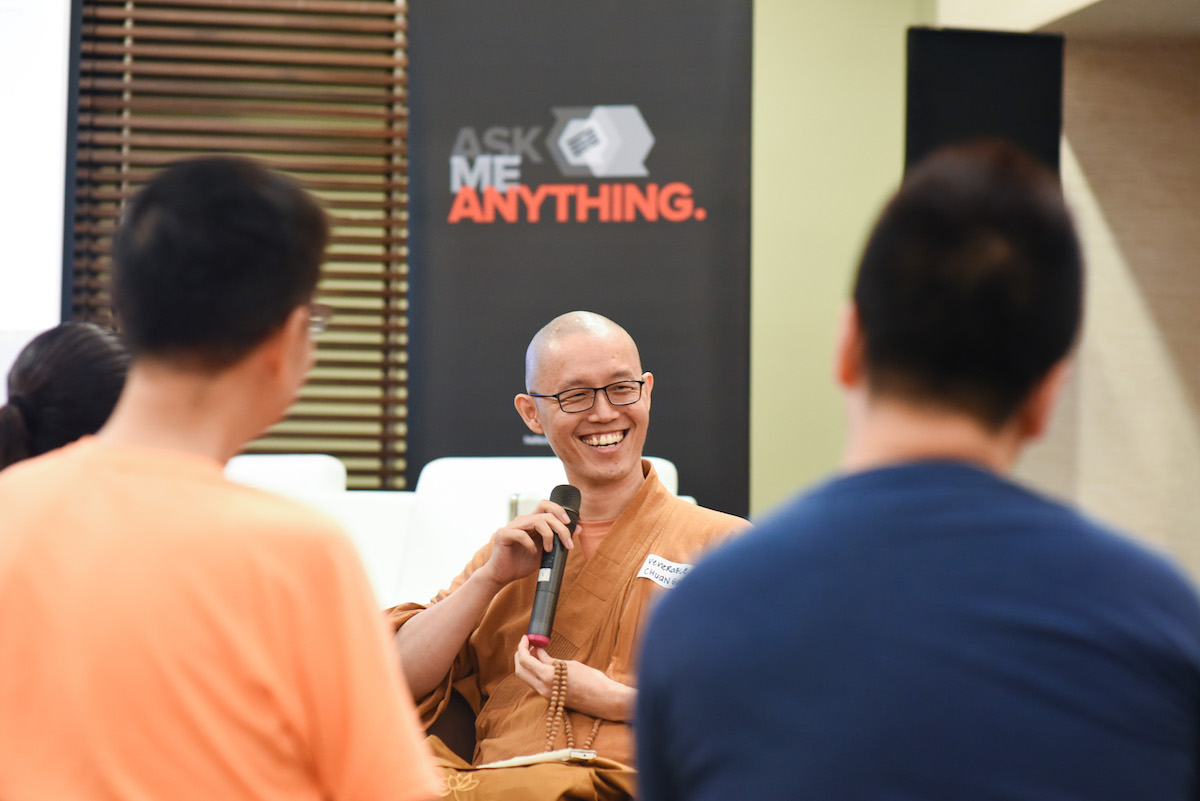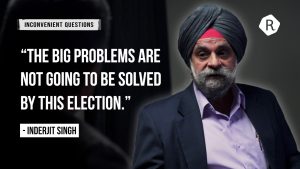Everyone warned me when I first got into a relationship with my ex-boyfriend, a Buddhist.
“You’re Christian, he’s Buddhist. It won’t work out,” my friend declared prophetically.
I had refused to believe her then. Rather, I thought our religious differences could be overcome. We could talk things out, come to an understanding, empathise and support each other.
Except we couldn’t.
We could talk about anything under the sun but when it came to religion, our questions were always so awkwardly worded, at times so tactless and at times so politically correct. We’d go back and forth for months, yet we’d emerge never any wiser, sympathetic or understanding.
It dawned on me then that when it came to religious discussions we were stuck in a rut. Before this, both of us rarely talked about our religion to others. We were inexperienced and clueless.
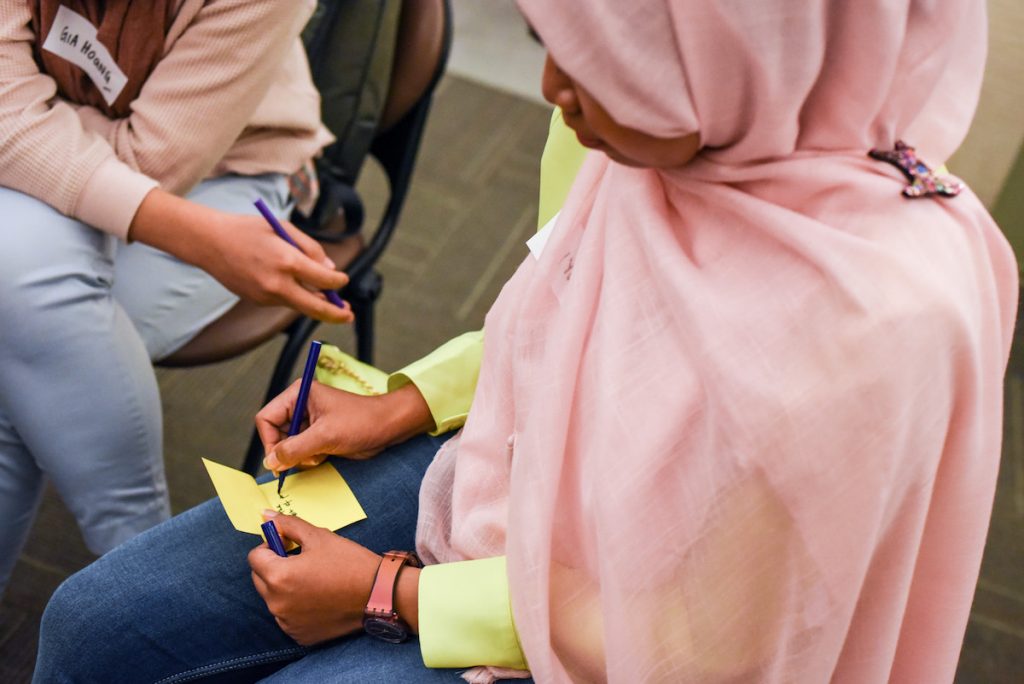
In school, Character and Citizenship Education (CCE, or Civics and Moral Education) classes inculcate core values of respect, responsibility, resilience, integrity, care and harmony. But there is still a need to take inter-faith dialogue beyond the confines of the classroom.
We are often fed the narrative of needing inter-religious harmony, as well as the need for inter-faith dialogue to go deeper, but at the same time, we’re not given the tools or means to get there.
It doesn’t help that as a secular state, it’s easy to confuse secularity with religious talk being taboo and religion as something that is entirely external to the everyday ongoings of Singaporeans.
By not being equipped to talk about religion, is the peace we have genuine, or well-disguised tolerance? Can it last in the face of religious tensions, or will it crumble away at the first sign of trouble?
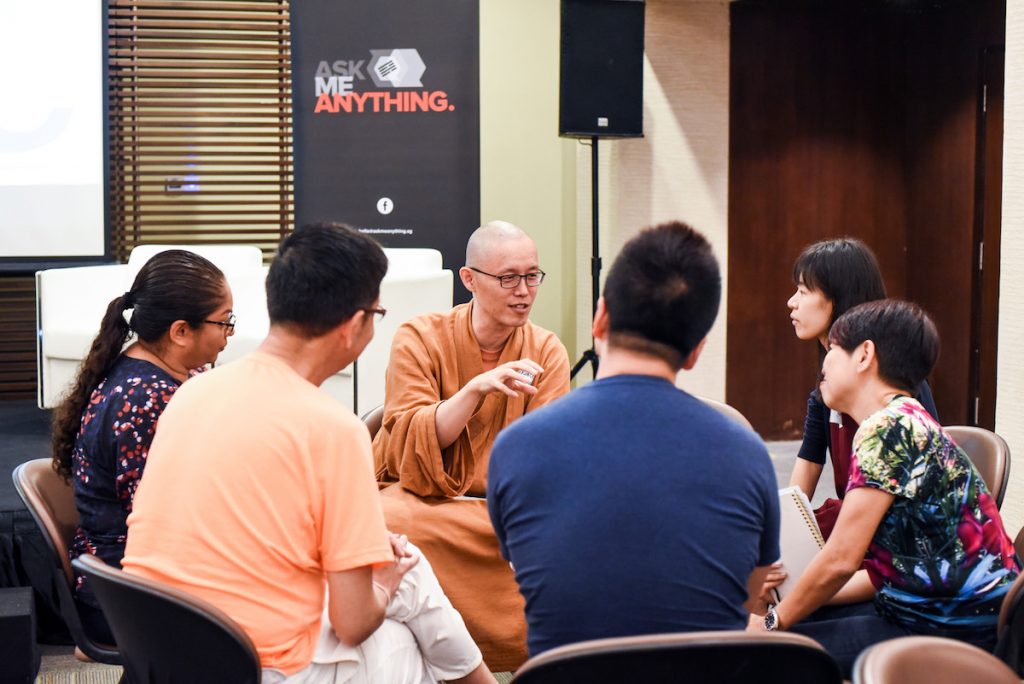
Yet, I like to think of myself as an open-minded individual. So when I was assigned by my editor to cover an Ask Me Anything (AMA) session on Buddhism, I jumped at the opportunity to prove my worthiness as a model citizen.
This AMA promised to be quite unlike others. For starters, it would not be held on Reddit, but at the Asian Civilisations Museum.
This is a crucial point of difference. Virtual AMAs are usually one-way—questions posed by users are typically answered by one person. Users are also anonymous and prone to trolling.
Real life AMAs, however, are a different beast altogether.
You can’t log off whenever the conversation gets uncomfortable or when you’re asked a question you don’t have the answer to. Rather than it being just a one-way download of information, there’s equal participation demanded from both the asker and the answer-er. It’s also much harder to cuss and vehemently disagree with a stranger in real life.
There were also free cupcakes and coffee.
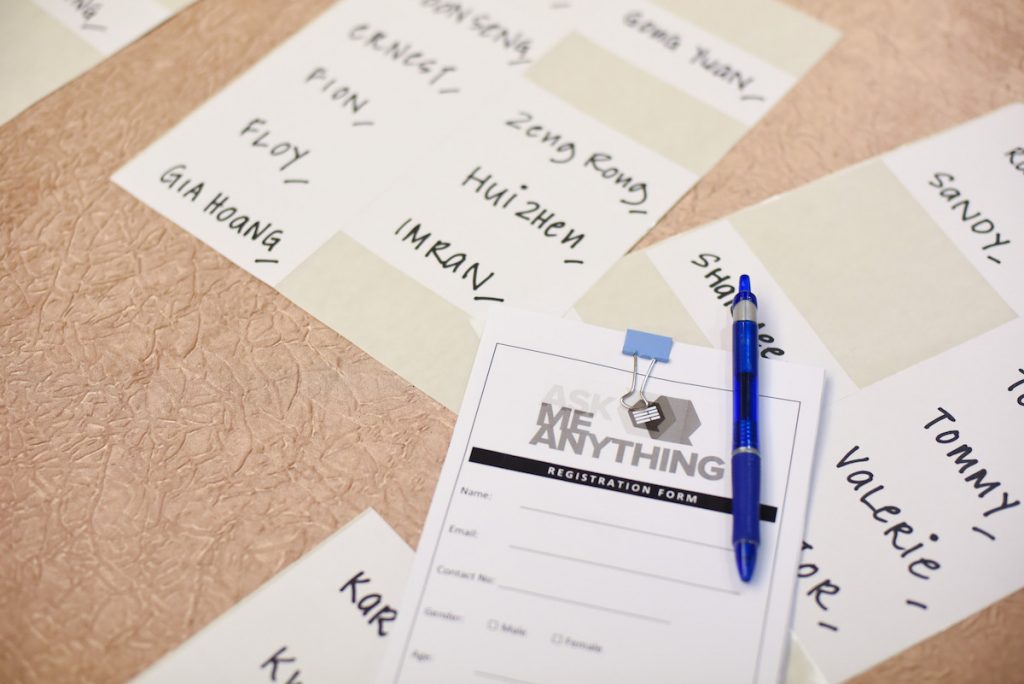
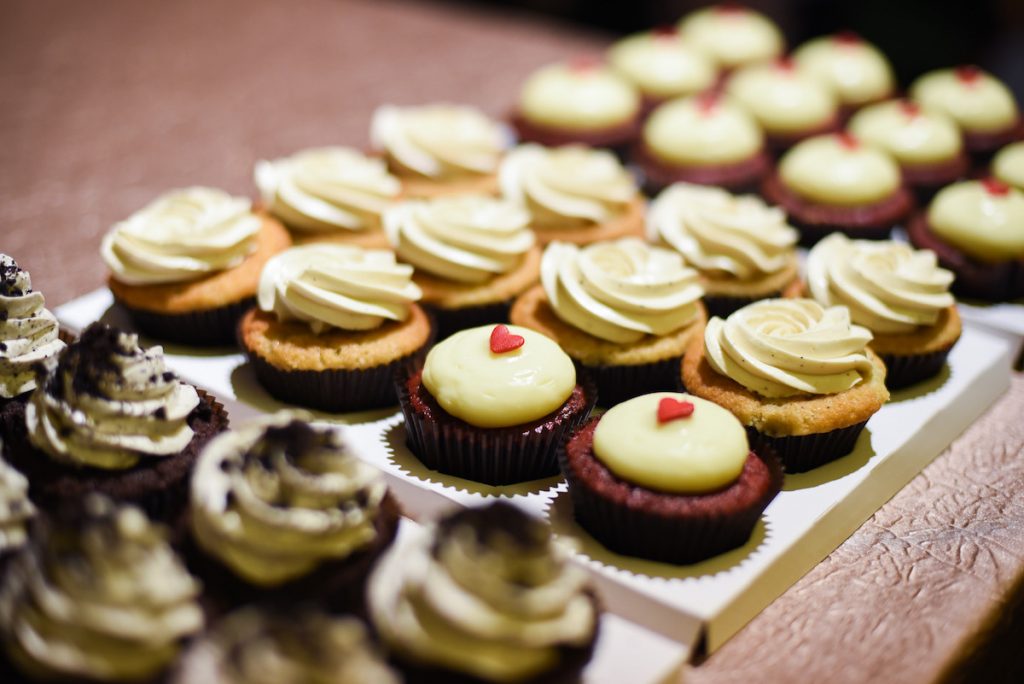
As it turns out, several of my group members had attended a past AMA session on Islam and had returned as they “knew they could get truly honest and open discourse at the AMA.”
Jonathan, 23, the only Buddhist in my group shared, “A lot of my free-thinker friends think I’m weird to be a Buddhist. I don’t blame them but I feel many people have the wrong idea of Buddhism. At the last AMA, many participants shared about their religion so now I want to come back and share as well.”
As for another member, Keith, 23, he returned eager for the opportunity to know more.
He tells me of two questions asked during the Islam AMA that helped open his eyes. The first was on Polygamy and why Muslim men were allowed to marry multiple women, and the second was on the possibility of Jihad occurring in Singapore.
“As it turns out, Jihad is not an extreme part of Islam but central to it. There are two interpretations,” he says earnestly. “One wonderful interpretation of inner spiritual struggle and one lesser interpretation which is that of Holy War.”
Keith tells me how surprised he was, that people were openly asking questions that he’d always thought were taboo and to be avoided. “It shows me that people do wonder about such things just that they never speak up.”
The unfiltered and honest questions and opinions fielded at past AMAs were, for them, a breath of fresh air.
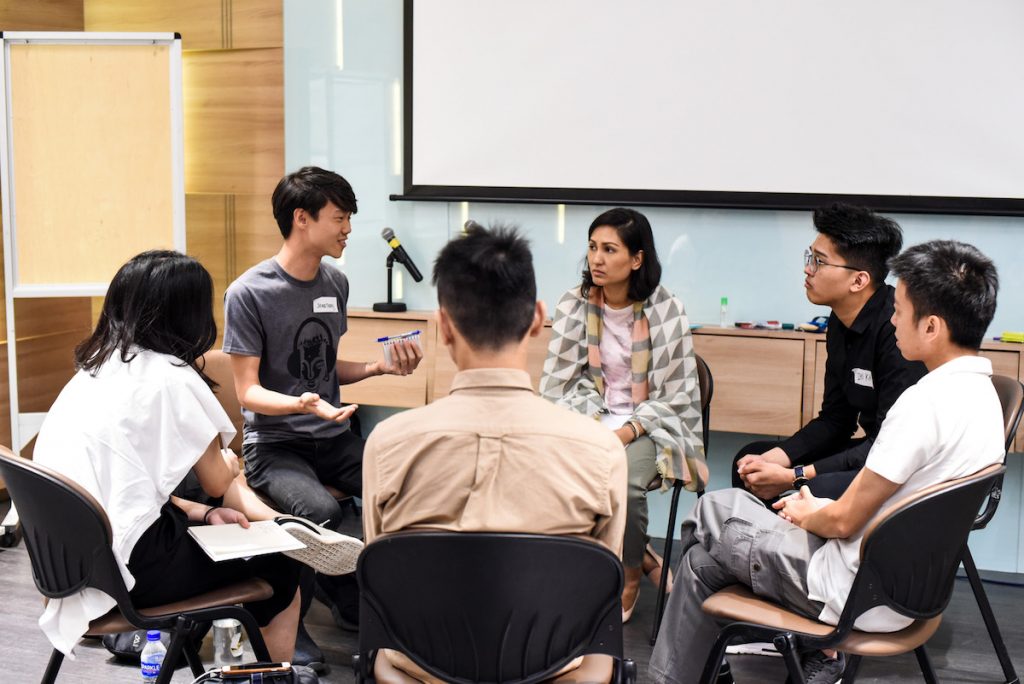
I wanted to questions his beliefs and contrast it to what I believed in. I believed there was no such thing as rebirth or reincarnation. I also trusted in prayer more than meditation. I felt threatened by the conviction he seemed to have, and I wanted to say to him, “what makes you so sure?”.
Essentially I wanted to do to him what others had done to me in the past. When I was growing up, my Christian belief system was continually challenged by my peers – the majority of whom came from non-Christian families.
Thankfully, before I could open my big gob, I looked around at our focus group and realised everyone was listening intently. Despite being of different faiths, they were attempting to empathise and relate to his experiences as a Buddhist. They were nodding—not necessarily in agreement but in an attempt to understand.
Above all, they were respectful.
Now it’s easy to teach someone the value of respect like they do in CCE classes at school. In most cases, this respect manifests externally. We don’t say or do things that will piss others off, but what we really think inside our minds is quite the opposite and often cannot be taught.
There is a difference between respecting someone in the abstract sense of the word, and sitting down to listen to their every opinion, many of which I disagree with. Forcing oneself to listen and give weight to the words of others takes practice, and to be frank, I hadn’t practiced much.
It made me wonder that if such AMA sessions were held back when I was in school, during my most formative and impressionable years, perhaps I’d be better equipped to have an open conversation on religion.
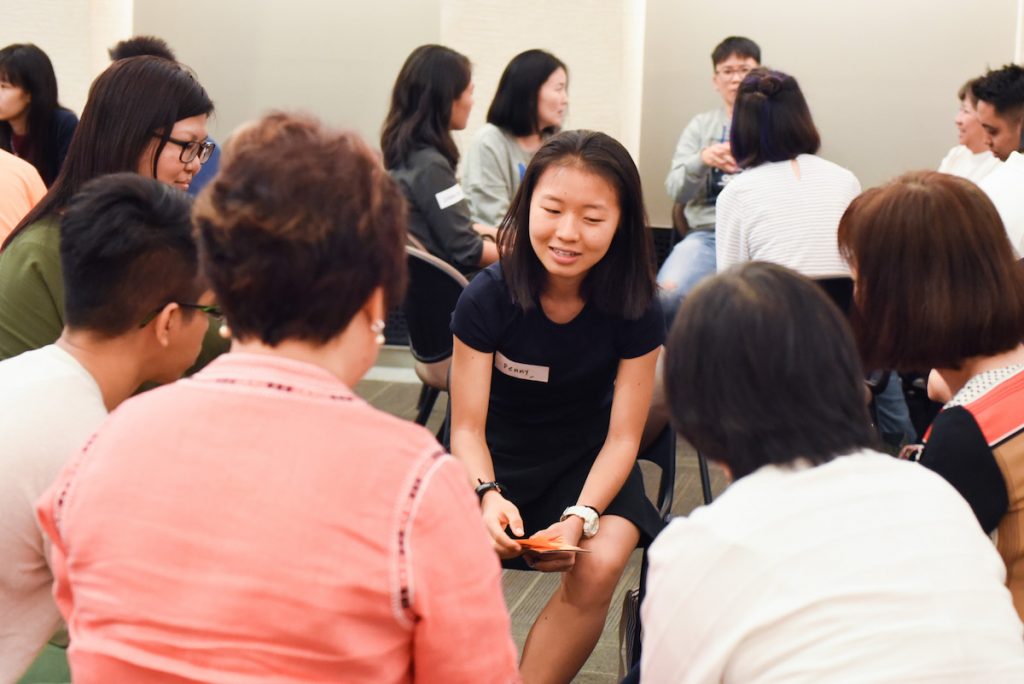
Once, when he was still in primary school, he visited a Buddhist temple with his mother. “The moment I stepped in, the monk started scolding me and threatening me. He said that if I don’t change my ways, my future won’t be good. Then he burned something and made me drink it. Afterwards I fell ill for a week.”
After that incident, Jian Kai never returned to said temple and has remained a free-thinker to this day.
I, too, found it within myself to open up to my focus group, revealing to them that I had very recently been in a relationship with a Buddhist, but ended it because of our religious differences.
It wasn’t easy for either of us to speak on these things—not only were we aware that our opinions were slightly controversial, we knew we would be held accountable to them. Given that we were face-to-face with strangers, there was no running away and no screen to hide behind.
The fear of offending someone or sounding ignorant was very real.
Before I opened up, I thought long and hard about how I would sound to someone who wasn’t in my shoes and who might have a different perspective on things—as someone who’s prone to speaking her mind before thinking, this was new to me.
Thankfully, no one judged us, at least not openly. Or I couldn’t tell just by looking at their faces.
According to Emily, 31, an attendee I met at the AMA, “Seeing your fellow human beings and speaking to them makes you feel closer. There’s that connection and regardless of which faith you’re from, there are still things that connect and bond us.”
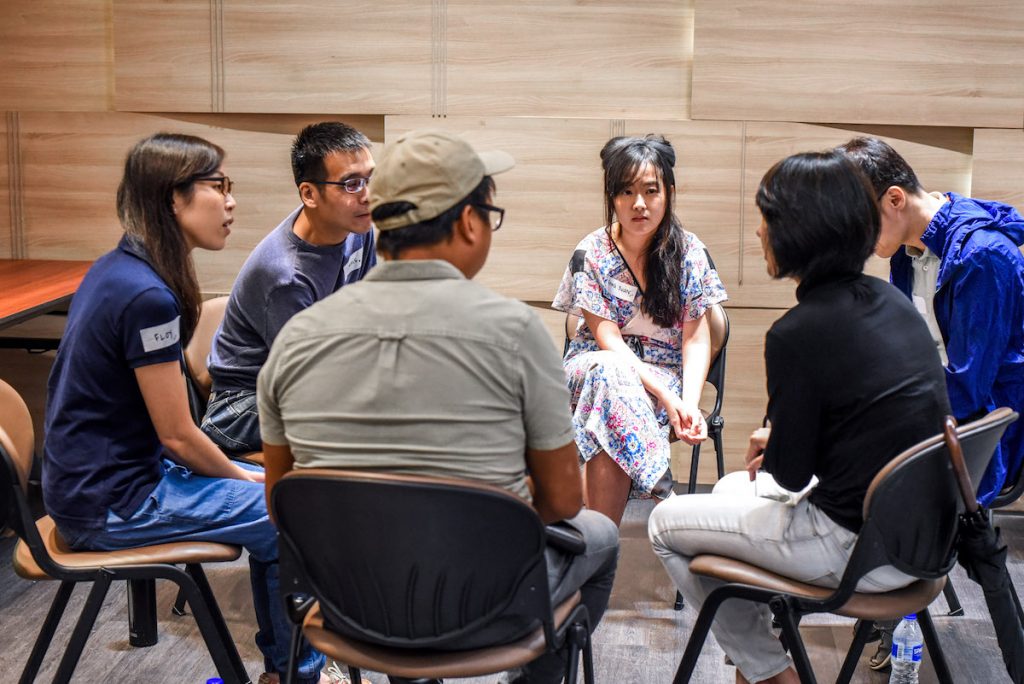
Now I’ve felt that in many areas of my life, but I didn’t feel that way during the AMA. What I felt instead was hunger—hunger from others and myself to find out about not just Buddhism but Islam, Hinduism, Zoroastrianism even. And yes, even Christianity.
If only, I thought, I didn’t have to wait 24 years to finally chance upon an opportunity like this. If only I didn’t have to wait for someone to finally ask if Monks can get depression, if Christians can use joss sticks to pay respects to their ancestors and if leaving Islam is a crime punishable by death.
Cultivating genuine inter-religious harmony in Singapore requires more than just repeating what is lectured in school. It demands genuine, and sometimes painful conversations between people who do not agree or who hold drastically different beliefs.
I was doubtful if I could do it before, but at least now I’m trying.
Have something to say about this story? Write to us at community@ricemedia.co.

